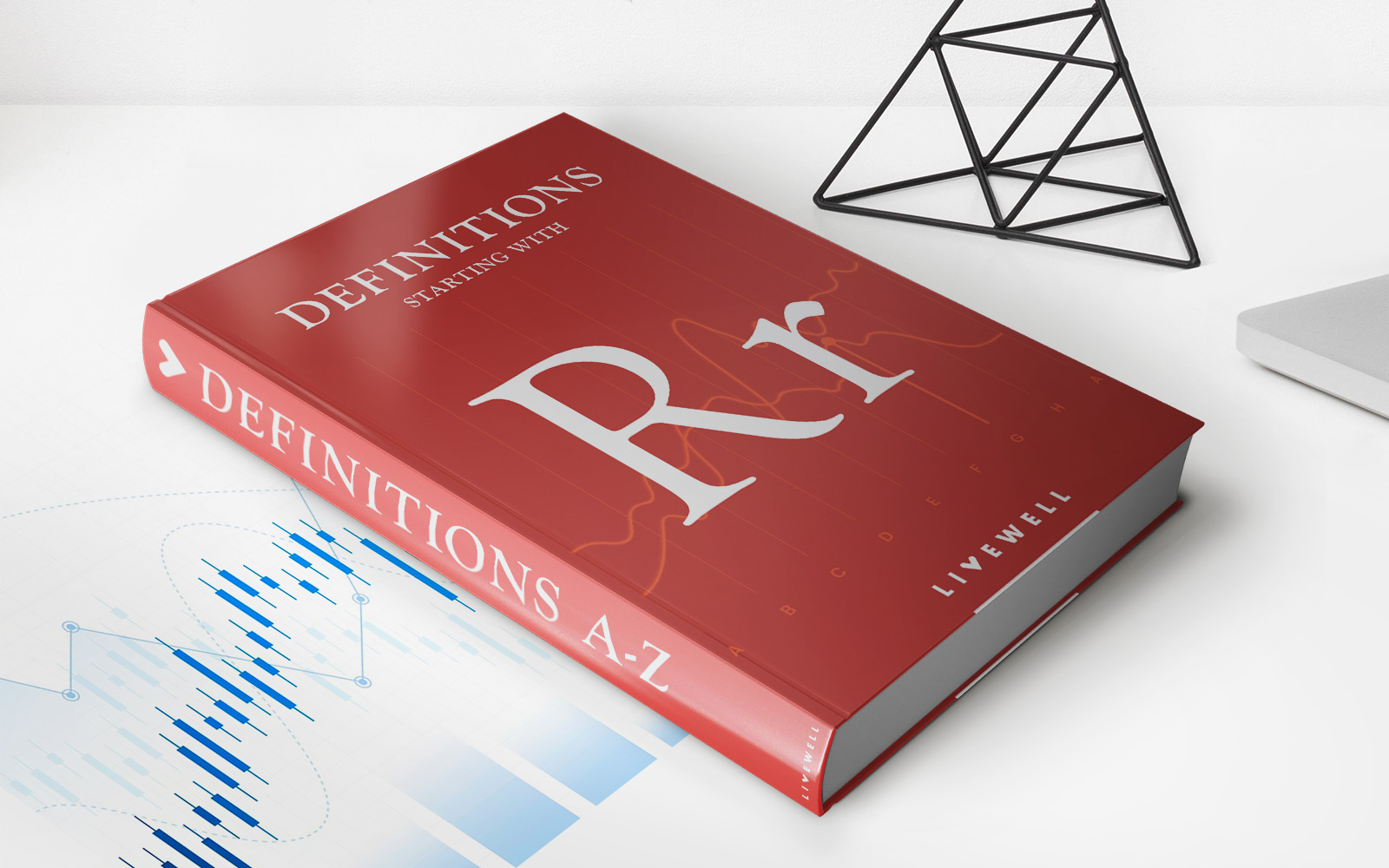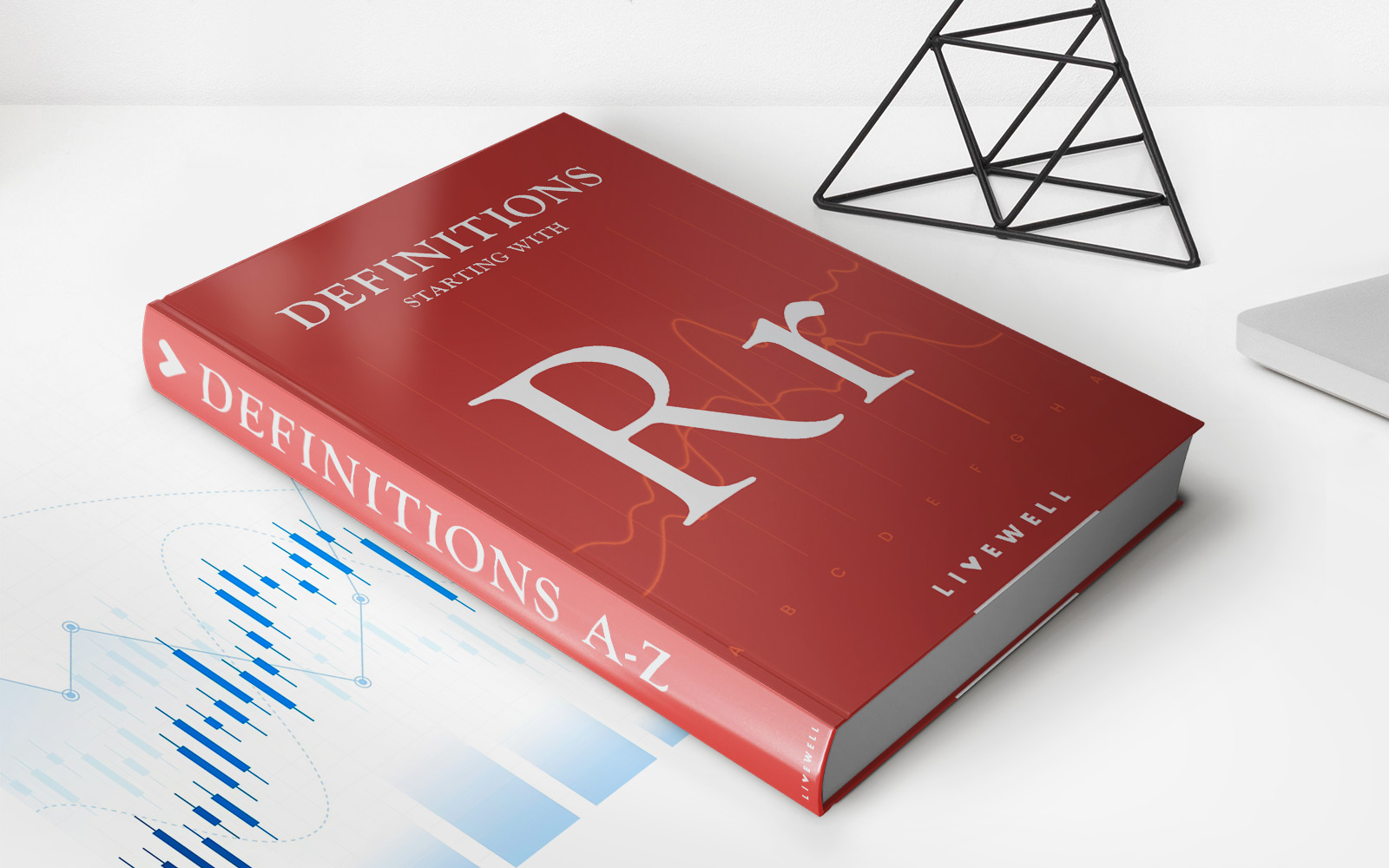Home>Finance>Federal Employee Retirement System (FERS) Definition


Finance
Federal Employee Retirement System (FERS) Definition
Published: November 22, 2023
Looking for the definition of the Federal Employee Retirement System (FERS)? Discover everything you need to know about FERS and its significance in the world of finance.
(Many of the links in this article redirect to a specific reviewed product. Your purchase of these products through affiliate links helps to generate commission for LiveWell, at no extra cost. Learn more)
The Federal Employee Retirement System (FERS): What You Need to Know
When it comes to retirement planning, there are various systems and options available. If you are a federal employee, one system that you should familiarize yourself with is the Federal Employee Retirement System, commonly known as FERS. In this blog post, we will explore the definition, benefits, and key features of FERS to help you make informed decisions about your retirement.
Key Takeaways:
- FERS is a retirement system for federal employees that offers defined benefits, including a pension, Social Security, and the Thrift Savings Plan (TSP).
- FERS provides a secure and stable retirement income for federal employees who meet the eligibility requirements and contribute to the system.
What is the Federal Employee Retirement System (FERS)?
The Federal Employee Retirement System (FERS) is a retirement program designed for employees of the United States federal government. It was established in 1984 to replace the Civil Service Retirement System (CSRS) and provide federal employees with a more comprehensive retirement package.
FERS is a three-tiered system that offers federal employees retirement benefits through three main sources:
- Pension: FERS provides eligible federal employees with a pension based on their years of service and average salary. The pension is a defined benefit plan, which means that the amount is predetermined and calculated based on a formula.
- Social Security: In addition to the pension, federal employees enrolled in FERS also contribute to Social Security. This provides them with an additional source of retirement income.
- Thrift Savings Plan (TSP): The third component of FERS is the Thrift Savings Plan, which is similar to a 401(k) plan in the private sector. It allows federal employees to contribute a portion of their salary to a tax-advantaged investment account, which is then invested in various funds.
By offering a combination of a pension, Social Security, and the Thrift Savings Plan, FERS provides federal employees with a reliable and well-rounded retirement package.
Benefits of FERS
Choosing FERS as your retirement system can provide you with several benefits:
- Defined Benefits: FERS offers a defined benefit pension plan, meaning that the amount of your retirement income is determined by a formula that takes into account your years of service and average salary. This provides a secure and stable source of income during your retirement years.
- Portability: If you switch to a different federal agency or leave the government, your FERS benefits can be transferred to a new job, ensuring that you can continue building your retirement savings.
- Social Security Integration: FERS incorporates Social Security benefits, giving federal employees an additional source of income in retirement.
- Tax-Advantaged Investments: The Thrift Savings Plan offers tax advantages that can help you grow your retirement savings more effectively.
In Conclusion
The Federal Employee Retirement System (FERS) is a retirement program designed to provide federal employees with a secure and comprehensive retirement package. With its three-tiered structure consisting of a pension, Social Security, and the Thrift Savings Plan, FERS offers federal employees a combination of defined benefits, portability, and tax advantages.
If you are a federal employee, it is important to understand the intricacies of FERS and how it can benefit you in your retirement planning. By making informed choices and maximizing the resources available within FERS, you can lay the foundation for a financially secure retirement.














